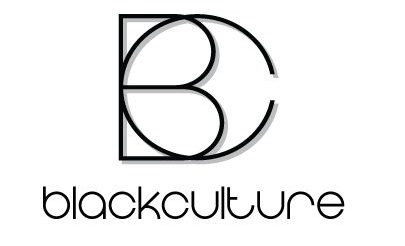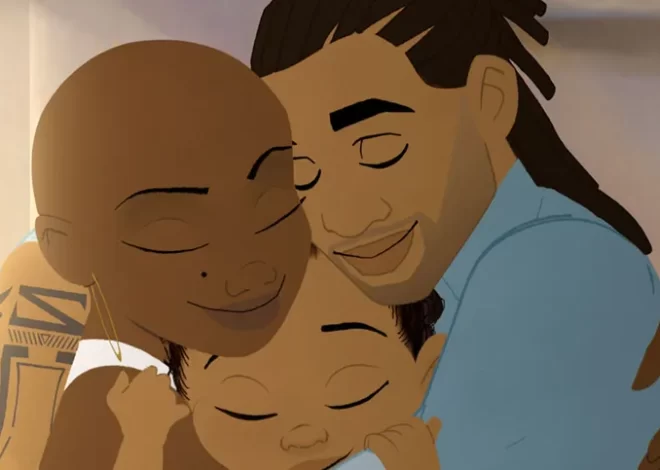
To Be Seen, Not Heard: A Critique of Selma
Recent film Selma, produced by Oprah Winfrey and directed by Ava DuVernay, has joined the ranks of 12 Years a Slave, Cesar Chavez, and other films which downplay the role women of color played when it came to suffering discrimination, as well as fighting for civil rights. Though what makes Selma special is the two aforementioned women mentioned. For with DuVernay being perhaps one of the few recognizable Black women who consistently puts out films, it makes it so troubling that most of the Black women who took part in the civil rights movement, and especially the march on Montgomery from Selma, are largely diminished to keep Martin Luther King Jr. as almost the sole beacon of hope and still the name most recognized, and associated with, the Black American civil rights movement.
Though let’s face it, when it comes to the struggle of Black women against violence and discrimination, neither Hollywood nor in real life is there a strong focus. For while Trayvon’s name still is heard nearly two years after his death, and we still hear about his parents, and how his brother is doing, what do we hear about Renisha McBride? Then, when it comes to the civil rights movement, who besides Rosa Parks is often named and not an entertainer? I bring this up because the civil rights movement is ongoing, and yet still you will be hard pressed to find a woman in the forefront. For while there is Angela Davis, among many others, who do you see when something goes down? Who gets the media spotlight and is seen on the TV as if they were there when the incident occurred? Well, Cornel West and usually Reverend Al Sharpton.
Leading to why Selma could have been the beacon for not only Black women, but the world period: representation and props. For when you take Diane Nash, and make one seldom mention of her role in the SNCC (Student Nonviolent Coordinating Committee), and then regulate her to being in the back, in a role in which she hardly speaks and instead John Lewis does most of the talking for the SNCC, it continues the disrespect given to the women who sacrificed just as much, if not more, so that their brothers, sons, and the future generations had rights.
Making me wonder, as someone who goes to the movies quite frequently, will movies like Belle be the rare moments of representation? Will it always be your own responsibility to learn about the Black women who, both in modern times and the past, are dealing with, or dealt, with discrimination? Will roles like Patsey in 12 Years a Slave, be scarce and perhaps only seen in books which are never simply part of general education, but must be sought out on your own? For if the richest Black woman in America, and one of the most prominent Black female directors in America can’t even create a film which features the struggles of Black women in not only the civil rights movement, but sometimes battling the patriarchy those she standby give her, can there be hope?
Do you feel the movie Selma was an accurate depiction of the events of the Civil Rights Movement? Is this as good as it gets or should we continue to push for a correct telling of our history by Hollywood?



